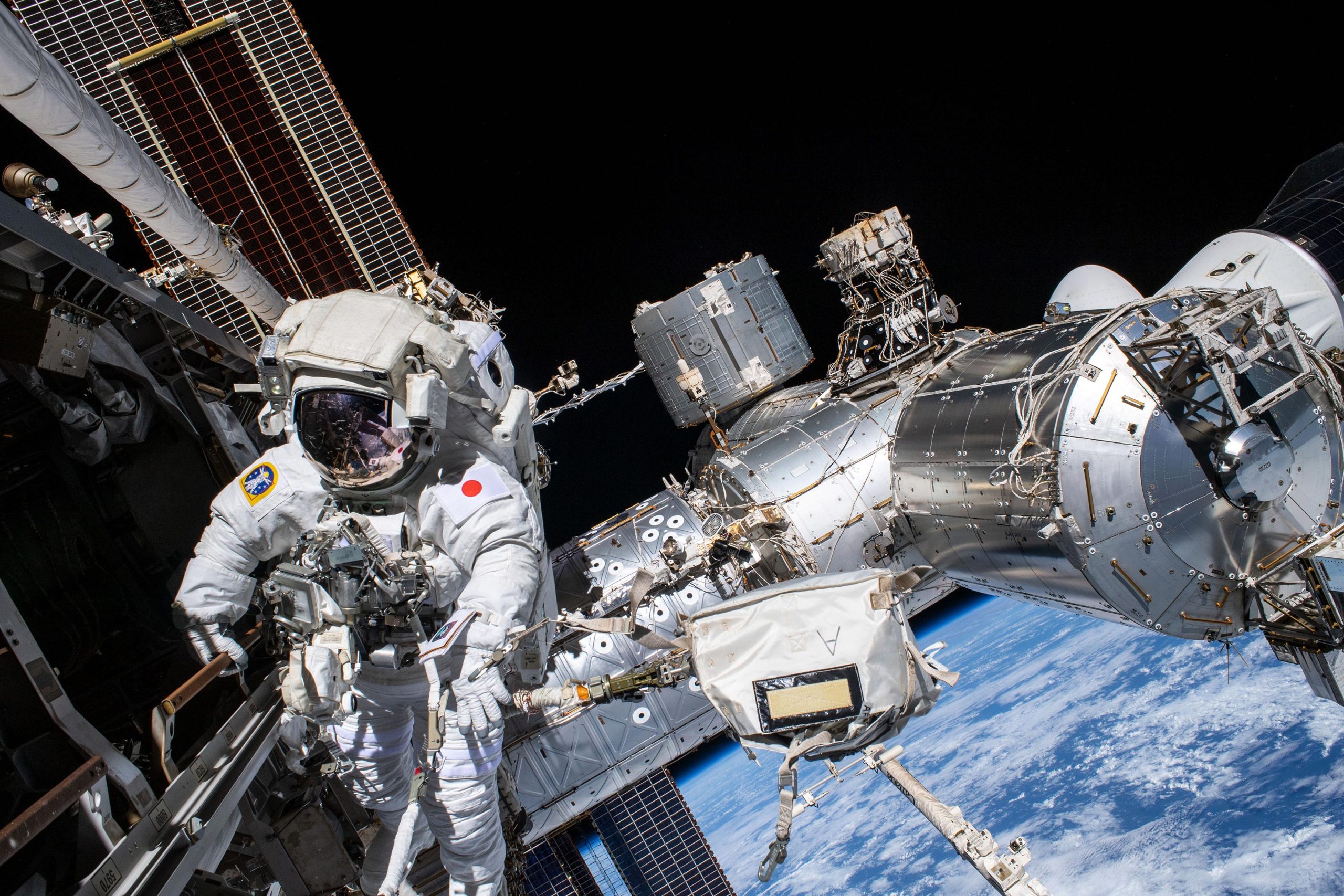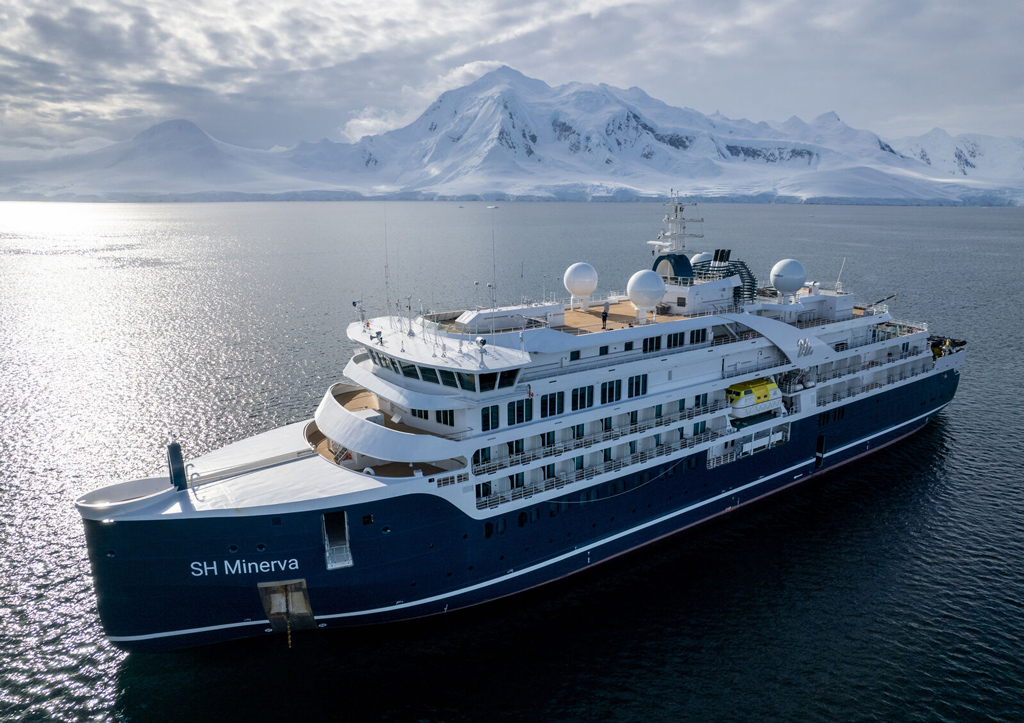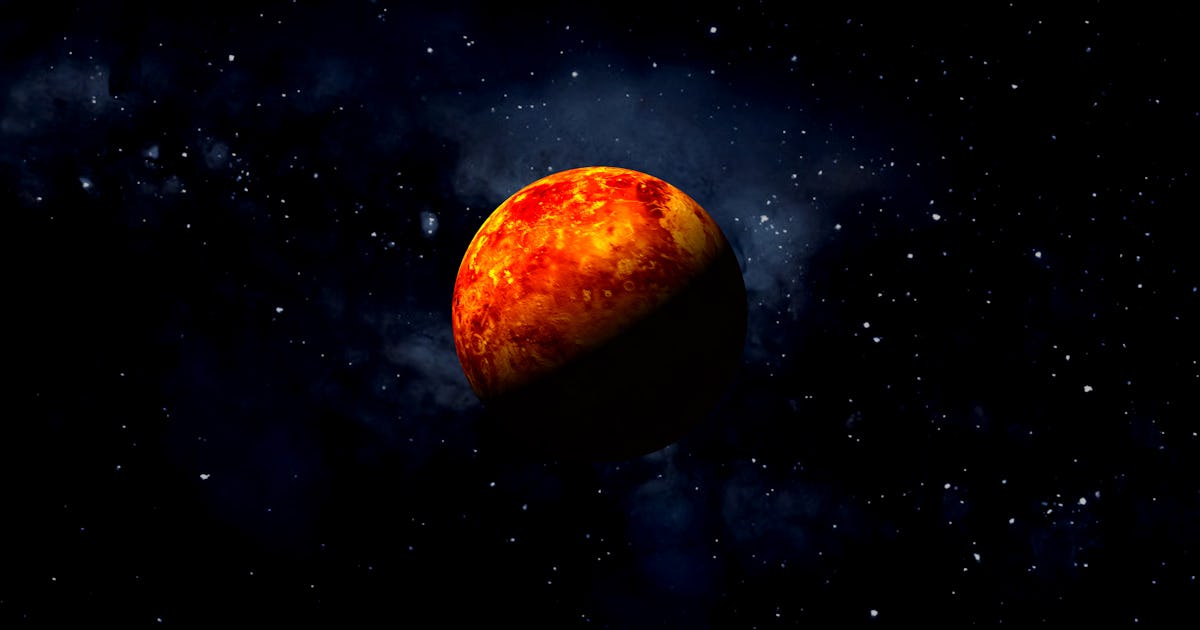HAMPTON, Va. (WAVY) — The Virginia Air and Space Science Center in Hampton is now offering SNAP benefits.
The facility recently became a Museums for All location which aims to ensure that all Hampton Roads families receiving SNAP benefits can visit the facility for a discounted rate.
Cutting-Edge Science Advances on Space Station as Crew Prepares for Departure

Understanding the Universe: what we know, what we've yet to discover | BBC Sky at Night ...

Patrick Moore contemplates how far we've come in our understanding of the Universe, and how far we've yet to go.
Cast your mind back to 1962. We thought we knew a great deal about the structure and origin of the Universe.
Well, we certainly knew something, but many of the ideas that were current at that time have since been cast aside.
Swan Hellenic and SETI Institute announce lecturers for Explore Space at Sea Series

SETI Institute speakers set to join Swan Hellenic Explore Space at Sea Series will include David Grinspoon, Simon Steel, Bill Diamond, Margaret Turnbull, Pablo Sobron, Seth Shostak and Dava Newman.
March 8, 2023, Mountain View, CA – The SETI Institute and Swan Hellenic announce SETI Institute guest lecturers who will offer cruise guests expert insights into the history and latest discoveries in astronomy, astrophysics, astrobiology and planetary science, and the quest to find other forms of ...
New Study Shows Venus Likely Didn't Have Ancient Oceans for Long

If there's one thing that's clear about Venus, it's that it's inhabitable. You just need to take one look at its clouds of sulfuric acid, winds that regularly reach 240 miles per hour, crushing pressure, and surface temperatures that reach 900 degrees Fahrenheit.
But Venus is also extremely dry. Dryer than a bone: up to 100 times drier than the Atacama Desert in Chile, the driest place on Earth. What astronomers and planetary scientists don't agree on is how long that's been the case.
No comments:
Post a Comment